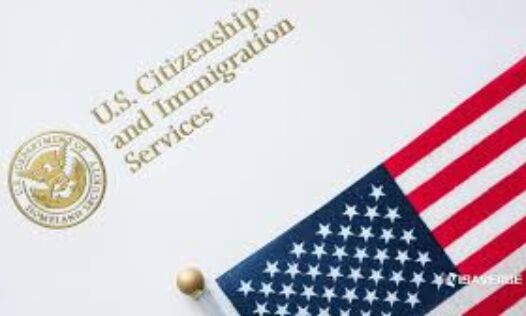Payment is being processed. Please do not refresh or close this page until your payment is complete.
 Book an Appointment
Book an Appointment

The US STEM OPT extension program provides international students on F-1 visas with a chance to extend their stay and gain valuable work experience, increasing their prospects in the H-1B lottery. Though STEM OPT extensions have a straightforward process, the regulations surrounding employment with startups can be intricate.
Under the STEM OPT program, employers must pay a base salary equal to or greater than that of similarly employed US workers, ensuring fairness and protection for both US workers and STEM OPT students. However, the landscape becomes intricate when dealing with startups that often utilize stocks and stock options as part of their compensation packages. This raises questions about how to value such compensation and how it aligns with STEM OPT program regulations.
In 2016, the USCIS hinted at a potential exception to the base salary rule for STEM OPT workers employed by startups, referring to it as “alternative compensation.” This exception would allow startups to provide compensation, including stocks and stock options, as long as it is comparable to what similarly situated US workers receive. Unfortunately, the USCIS provided limited guidance on valuing or treating this type of compensation.
The lack of clarity has left numerous questions unanswered, including the valuation of stock options for startups in their formative phases, acceptable methods for valuing unvested stock options, and the documentation required for demonstrating these valuations. An additional crucial question pertains to whether a STEM OPT student can establish their startup while working for it as a majority or minority stockholder.
Without clear guidance from the USCIS, STEM OPT students and their startup employers must navigate these issues independently. To ensure compliance with OPT program requirements, meticulous documentation is crucial. Employers should carefully evaluate compensation packages, clearly document the value and valuation methodology of alternative compensation, and maintain commercially feasible documentation.
On a positive note, signals from the White House and the USCIS indicate a recognition of the national importance of STEM fields, suggesting a willingness to provide broader opportunities for students, workers, and researchers in these domains. This includes widening the range of STEM fields eligible for the STEM OPT extension, Executive Orders acknowledging US interests in STEM, and amendments to policies and regulations to accommodate STEM professionals.
These positive signals suggest a government inclination to be more accommodating in the face of policy ambiguities. With careful planning, the benefits of the STEM OPT program can be harnessed without violating USCIS policies, ensuring a conducive environment for students, workers, and researchers in STEM fields.